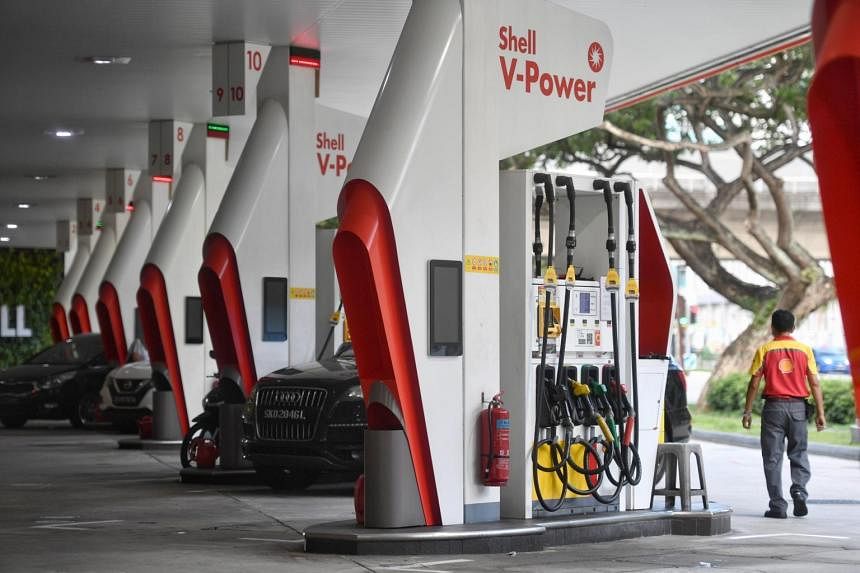SINGAPORE - Amid a doubling of oil prices per barrel, and diesel and petrol being sold at more than $3.10 per litre here, the Government on Tuesday (July 5) said it will not regulate or cap pump prices as doing so distorts the market.
Minister of State for Trade and Industry Low Yen Ling told Parliament that artificially reducing pump prices leads to a market that benefits car owners - who make up a minority of the population - especially those who consume more fuel and who are more well-to-do.
Fixing pump prices below market rate also reduces the incentive for drivers to switch to more energy-efficient modes of transport, such as public transport and electric vehicles.
"Instead, the Government's approach is to ensure that we have a competitive fuel retail market," she said. "The Government will review the fuel retail market if there are other ways to alleviate the pressure on fuel prices."
The question of how the Government can help ease the pain of drivers amid surging crude oil prices has been raised by MPs multiple times in recent parliament sittings.
On Tuesday, Mr Don Wee (Chua Chu Kang GRC) asked if the Government will regulate pump prices, citing record profits for oil companies, while Ms Joan Pereira (Tanjong Pagar GRC) asked if a cooperative should be set up to help moderate fuel costs.
Ms Low said the Competition and Consumer Commission of Singapore (CCCS) is monitoring the market closely and will not hesitate to investigate retail operators for anti-competitive behaviour.
Establishing a cooperative also may not help, as it can only offer lower pump prices if it can secure lower-cost supplies.
The current spike in fuel prices is primarily driven by high demand and insufficient supply, as countries reopen after locking down for the Covid-19 pandemic and amid the ongoing tensions caused by the Russian-Ukraine war.
There has also been under-investment in fossil fuel production over the years, Ms Low said.
Mr Wee asked her what the aims of the ongoing review of the fuel market are, to which Ms Low said it will cover global developments and the practices of retail operators and their relationship with oil prices.
The CCCS has been in touch with retailers for more data on fuel price movements, she said.
"Now, if the findings of the review suggest that there are ways to improve the fuel retail market, I want to assure the member that the Government is certainly open to consider all measures that could enhance the effectiveness of the fuel retail market," she added.
Last month, Deputy Prime Minister Lawrence Wong said there will be targeted assistance to less well-to-do groups which are hardest hit by rising fuel costs, such as those who rely on vehicles for their livelihoods.
Eligible taxi main hirers and private hire car drivers will receive a one-off relief of $150 in August, while eligible drivers of combi buses and limousines, as well as delivery drivers and delivery motorcycle riders, can also apply for a one-off cash relief of up to $300.
According to pump price tracker Fuel Kaki, diesel is being sold at between $3.12 and $3.14 a litre as at Tuesday. The popular 95-octane fuel is being sold at between $3.31 and $3.35 per litre.


